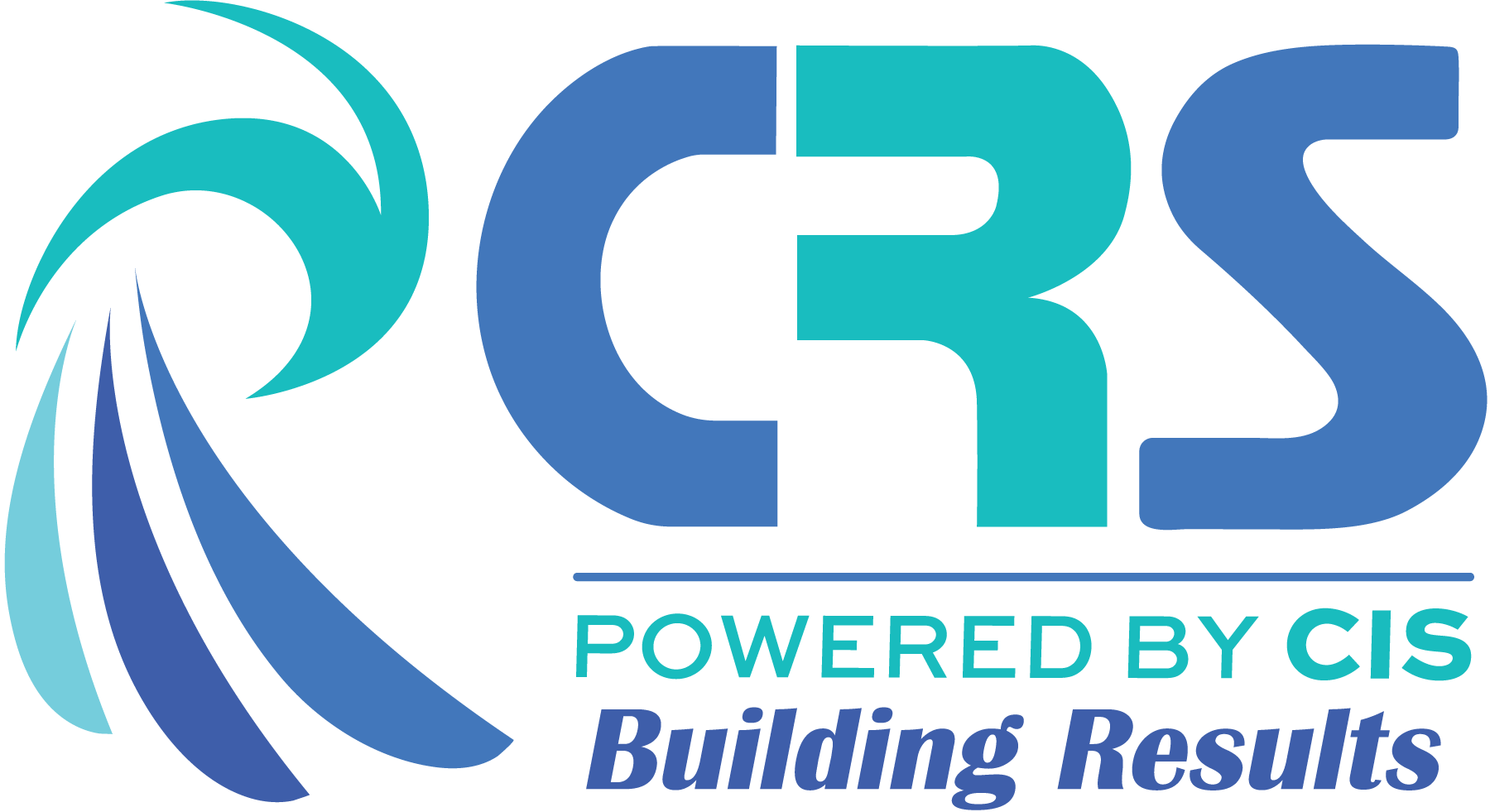
Claims management is a process in which we look at a contractor’s company that is probably at a certain size and will receive claims. We know that at a certain level, you want to reach first-in-class insurance and have first-in-class claim loss. It’s to get you to a point where you’re getting the best rates compared to competitors in the field. If you’re a plumber or a concrete contractor, the idea is that when I work with you, I want to get you first in class and be the leader in the field on your rates for contractors’ insurance. And how do we do that? Well, claims management is a critical piece that we use to do that, and it’s part of the risk management services that CRS offers from CRS, which is a division of CRS.
Monitor Claims Regularly
By doing claims management, we go through quarterly, at least every six months, and monthly, and we’re pulling loss runs reports to make sure that no claims have come into the company that the company is unaware of so we can manage the claim faster, and quicker. And then at renewal, we’re not showing up where we didn’t know about a claim.” Many, many years I’ve been doing this insurance, and what happens is we get into the renewal, and then we pull their loss runs if we’re going to try to get other companies to quote the insurance, and it comes back that there are claims that the contractor did not know about. And depending on the size of your company, really the smaller guys, they usually are just like hands-on, and they know if there’s an issue, they hear of a problem and then can manage it fast that way.
The Larger The Company Higher Chance of Loss
But as you get bigger with more employees and more extensive size policies, and you’re doing more projects, the chances of a claim are much higher, and the chances of you not hearing about the claim is greater. So as a specialist in contractors’ insurance, my job is to bring in the risk management service. According to the account, we can monitor the loss runs reports monthly, quarterly, and every six months. It would make sense so we can constantly ensure that we don’t get a gotcha at the renewal that there’s a claim, and then rates go up. And by doing that, the risk management side is that we can forecast, bring down, and mitigate the chances of the rates going up at renewal.
Help Lower Insurance Rate
Our goal is to get your rates to come down at renewal. By doing that, we need to do claims management, look at your loss runs reports on a monthly or quarterly basis, and make sure that we do that. We can get in there much faster, manage the claim, and ensure that when we do get to renewal, if there is a claim that came in, we are expecting it, and we have an idea of where it’s going. And at that time, I could also go in with claims management, saying, “This is what we’ve done. These are the processes we’ve changed. This is not going to happen again.” And I can talk with the underwriter and explain how this is being managed not to occur again. And if it was an issue that could have been prevented, we have already put in processes and have worked it out, so it’s not going to happen again, and then that way, we can mitigate the rate increase, and we can work on getting that figured out as fast as possible.
Broker Who Offers Claims Management Service and Risk Management
It’s one thing to have the insurance in place, and it’s another thing to have services that can do claims management that your agent or broker can offer. And it’s essential as your business is growing that you work with a broker that can provide claims management and risk management services because they go hand in hand. And that’s why your broker should be a trusted advisor that understands the business process and how things work and see where the risks are and how to mitigate and lower those risks as much as possible. If you have any questions regarding this subject matter, please contact or email me.

